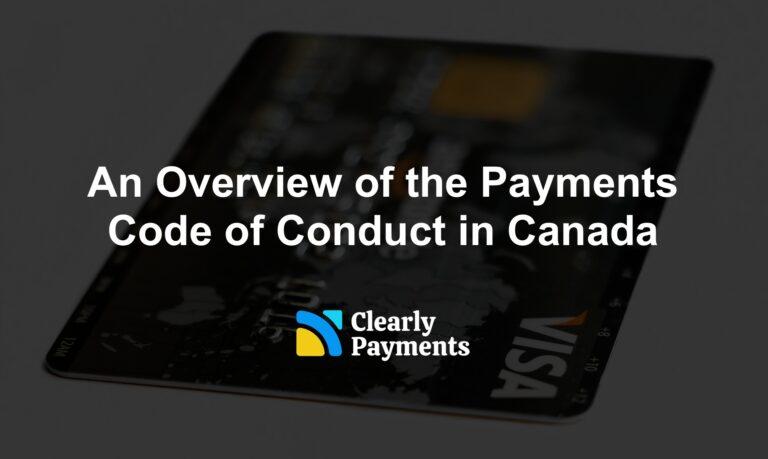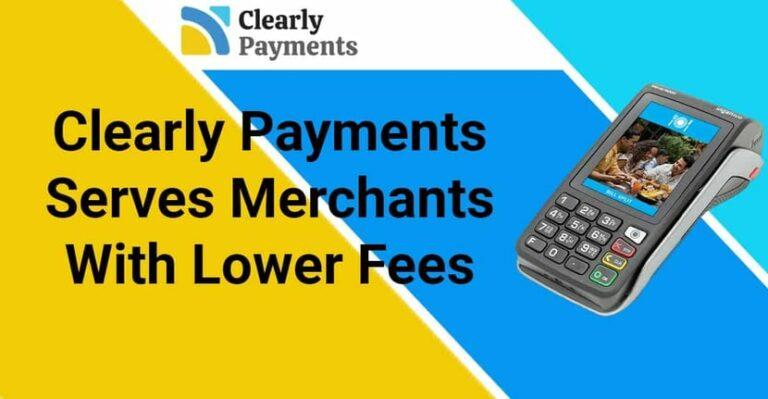Quite often, you need a payment processor. If you are accepting credit card or debit cards you will need a payment processor. If you also want to accept EFT/ACH (bank transfers) or cryptocurrencies, it is helpful to have a payment processor. It all depends on your business plan. More specifically, it depends on how your customers will want to pay.
Your business model determines how you want to take payments
You can take credit card payments in a lot of ways: by phone, at a store, in-person at their house, on a website/eCommerce, subscriptions and memberships, or in applications/software. The payment processor you choose will need to support the way your customers want to pay. Luckily, most payment processors support them all. However, there are some specialty companies that focus only on one.
There are a lot of options. First piece of advice. Don’t panic. You will get one.
When choosing a payment processor, price is likely a top concern, but don’t make this your only concern. Many payment processors will make you think you’re getting a great price, but really fees are hidden somewhere: setup fees, cancel fees, PCI fees, etc. Others will actually give you a great price, but they will gradually increase the price every six months. The best way to deal with this is to ask two questions to your prospective payment processor:
- What is the effective rate I will be paying?
- What is your policy on changing the rates?
They cannot, or at least should not, lie. Especially if it is in writing. Remember, you can negotiate on these rates many times.
Which credit card payment processor gets you a merchant account?
There are payment processors that offer shared merchant accounts that let small businesses accept credit cards in retail stores, on the Internet and even with your phone, like Square. These are great if you are processing below $50k per year. After that, your business has likely outgrown it. These shared merchant account providers are called aggregators. They are fast and simple and good for small businesses.
If you are a larger business, you want a full merchant account. You do not get merchant accounts from banks and credit unions. At least not directly. They normally partner with payment processors and get a referral fee. That is how Moneris works in Canada. RBC and BMO refer merchants to Moneris.
There are also payment processors that are built on top of larger payment processors. These are called ISOs (independent sales organizations). They come in all sizes from local firms to multi-billion dollar companies. They tend to be beneficial because they can accumulate the best technology and layer on superb customer service. That is the goal at least. It is also the goal that TCM has.
How to compare payment processors?
There are a lot of different criteria you can use, but we feel the best ways to compare payment processors are using the follow:
- Price
- Ways you can pay
- Cards you can accept, and
- Quality of customer service.
The best credit card processor is certainly not based on the lowest advertised price, but one that will be honest, helpful, and go out of their way to grow your business.
The best processor will let you to pick the types of services you want without restriction and will explain the fees and not fast-talk. If you are in Canada, here’s an example list of the top payment processors in Canada.




